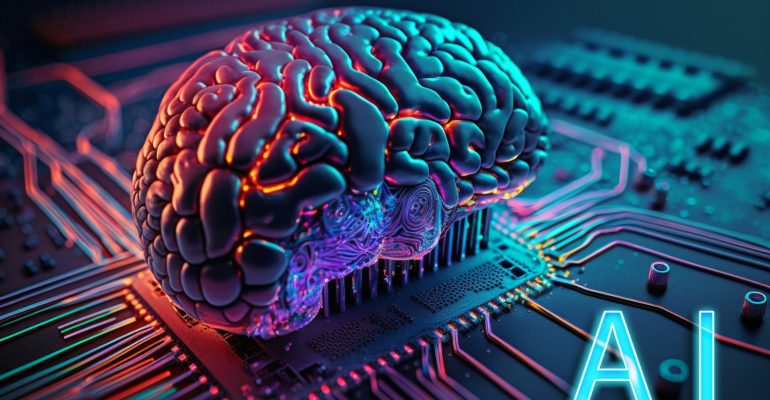Why AI Will Create More Jobs Than It Eliminates

Why AI Will Create More Jobs Than It Eliminates
Discover the industries that stand to benefit from AI-driven automation and the roles that will continue to require human expertise.
Artificial Intelligence (AI) has been a staple of science fiction for years, often sparking debates about whether machines will eventually replace humans. Films like The Terminator (1984) fueled fears of robots outperforming humans, while I, Robot (2004) depicted a world where robots take over essential services and threaten humanity. But in reality, the rapid advancements in AI are transforming industries in more collaborative ways than dystopian ones. As AI becomes integral to various business processes, many ask how this shift will impact the job market.
Concerns about AI replacing human jobs are amplified when tech visionaries like Elon Musk, a co-founder of OpenAI, predict that AI could eventually replace many roles. However, Musk also highlights that jobs requiring emotional intelligence and creativity will remain in high demand.
Will AI Take Over Our Jobs?
McKinsey research reveals that one-third of today’s jobs didn’t exist 25 years ago, indicating that even as AI automates certain routine, manual tasks, new roles will emerge. The World Economic Forum’s Future of Jobs Report forecasts that while 85 million jobs may be displaced by 2025, 97 million new roles will be created, leading to a net gain of 12 million jobs. As AI increasingly handles routine tasks, the collaboration between humans and machines will become a key focus. Business leaders will need to strike a balance between tasks best suited for AI and those requiring human judgment and strategic decision-making. Upskilling employees to work alongside AI will be essential for maximizing human potential in this new era.
Are Robots Coming for Your Job?
Automation is already making inroads in sectors like manufacturing, where 82% of industrial robots are used. However, even in industries driven by machines, tasks such as data science, creative design, and algorithm oversight will remain human-centric. For instance, AI algorithms may analyze vast amounts of data, but they still require human experts to program, maintain, and improve them.
Even with sophisticated AI assistants, human interaction remains vital in areas like fraud prevention, consulting, and project management, where personalized service and critical decision-making play a crucial role. AI cannot yet replicate human intuition or emotional intelligence.
Jobs Poised to Thrive with AI Adoption
According to the U.S. Bureau of Labor Statistics, many professions, such as web developers, accountants, forensic scientists, and customer service representatives, will benefit from AI. As AI takes over repetitive tasks, professionals in these fields will be able to focus on more complex and creative responsibilities.
Factors Influencing AI Adoption
Despite the potential for automation, few occupations can be fully automated with current AI capabilities. The high cost of AI implementation and the availability of skilled human labor are two factors that may slow the adoption of AI in certain sectors. Moreover, AI adoption often depends on technological infrastructure, such as access to high-speed internet and cloud computing.
Preparing for an AI-Integrated Future
The future of work will likely resemble a scenario where humans and machines collaborate, much like the plot of the movie Ex Machina, where a programmer interacts with a highly intelligent robot. To thrive in this evolving landscape, employees and employers alike must embrace technology and adapt their skill sets. By leaving routine tasks to AI, workers can focus on more meaningful and engaging work.
Three AI Strategies for Employers:
- Break down roles into specific tasks and identify which can be automated, allowing employees to focus on more rewarding responsibilities.
- Establish clear requirements and workflows for automation before implementing AI solutions.
- Cultivate a culture that embraces change and innovation to stay ahead in an AI-driven world.
Ensuring AI Accountability
As AI becomes more widespread, it’s crucial to maintain oversight and accountability. Business leaders can ensure their AI investments deliver by:
- Closely monitoring the data used to train AI systems.
- Understanding how AI integrates with existing systems and data.
- Regularly reviewing AI outputs for accuracy and making adjustments as needed.
- Providing ongoing feedback to improve AI performance.
- Encouraging input from users and employees to refine AI systems.
In conclusion, while AI will certainly transform the job market, it won’t lead to mass unemployment. Instead, by embracing automation and focusing on upskilling, we can look forward to a future where AI and humans work together, creating more opportunities and fulfilling careers.



